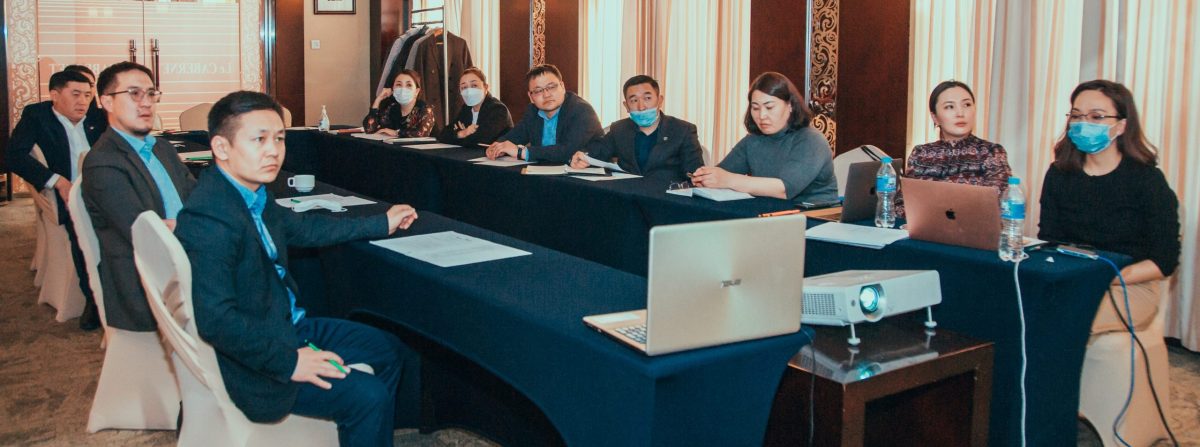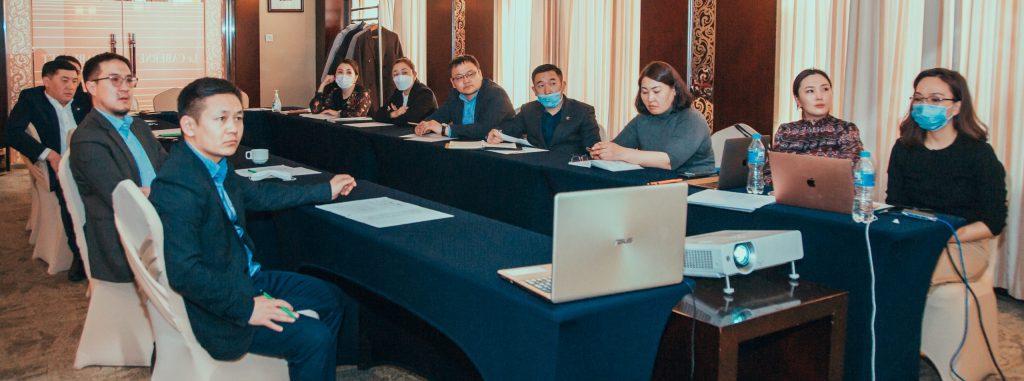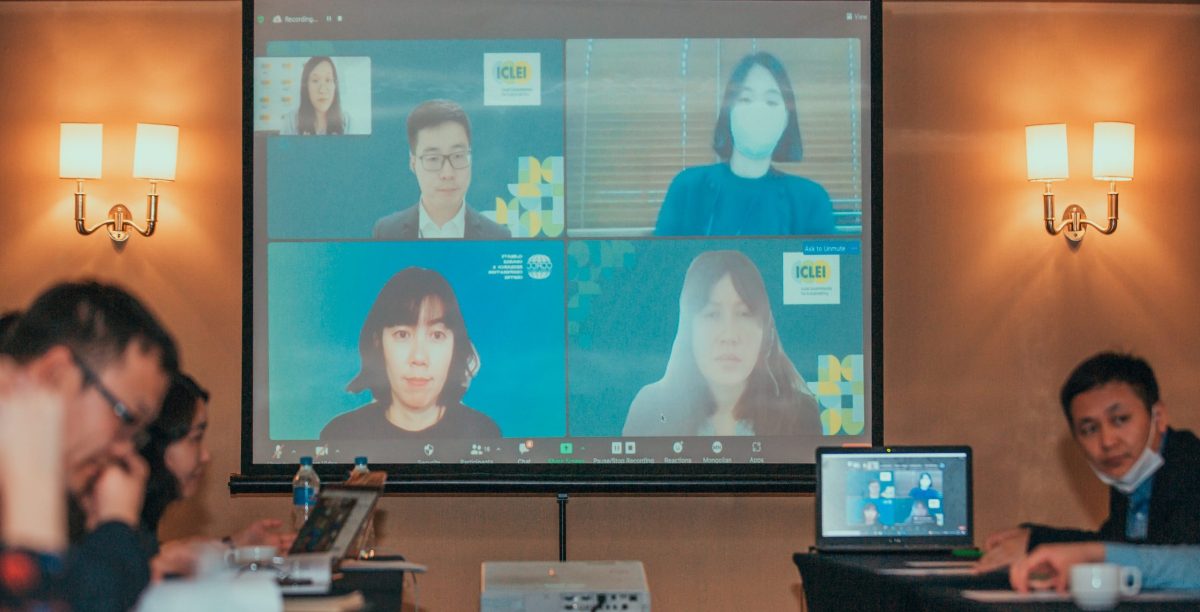Raising Ulaanbaatar’s climate ambition: capacity building in Mongolia for GHG inventory development

“You cannot manage what you don’t know”.
Cites cannot achieve carbon neutrality without solid GHG inventories. GHG inventory tells more than how much GHG emission cities emit. High-quality GHG inventories support cities to set science-based climate targets and strategies, monitor emission reduction progress, benchmark with international peers, and open access to more international funding.
ICLEI East Asia supported Ulaanbaatar, the capital of Mongolia and a long-time ICLEI member, to build a GHG inventory management system through capacity building for the multi-stakeholder group established through a project funded by the Konrad-Adenauer-Stiftung (KAS) Foundation. Through the project, ICLEI East Asia provided training to the officials from different departments and technical backgrounds on GHG inventory development based on the IPCC and the GHG Protocol for Cities (GPC). ICLEI also adapted templates for the Ulaanbaatar officials in their inventory development process.
ICLEI East Asia co-organized a Regional-Local Dialogue with the Mongolia NGO Climate Campaign, inviting international and national experts with diverse experience and practical insights on GHG inventory development.
 Ulaanbaatar officials attending the workshop
Ulaanbaatar officials attending the workshop
Tegshjargal Bumstend, the GHG Inventory Specialist from the Climate Change Research and Cooperation Center (CCRCC), shared how CCRCC collects data from relevant ministries, agencies, and research institutes to produce Mongolia’s national inventories. Mongolia has a particular emission structure in which agriculture accounts for 49.32% of total emissions – excluding land use, land-use change and forestry (LULUCF) – in 2019. Based on CCRCC’s experience in inventory development, Ms. Bumstend recommended Ulaanbaatar to create a comprehensive and sustainable inventory team, continue capacity building, and build robust data collection mechanisms. Providing experiences from international cities, Carla Marino, Climate Data Officer from the ICLEI World Secretariat, offered practical examples of how to compile a high-quality GHG inventory and what ICLEI offers on inventory development, building on the global network’s expertise on the GPC.
Yejee Jung, Manager from the Climate and Environment Headquarters of Seoul Metropolitan Government, explained the development journey of the South Korean capital in building and enhancing its GHG inventory system to achieve the accuracy of 98% today. It uses a reclassification system by the scope and by sector to help the public understand the city’s emissions, mostly from the energy (90.5%), under which building and transport contribute 68.7% and 19.2%, respectively. The newly established emission estimation system shortens the time to draw inventory results from two years to three months, enabling Seoul to quickly translate them into climate policy actions. Finally, Xuan Xie, Program Officer from the ICLEI East Asia Secretariat, wrapped up the online training developed by ICLEI East Asia and suggested the next steps for the capital.
 Discussions between Ulaanbaatar officials and workshop speakers
Discussions between Ulaanbaatar officials and workshop speakers
The workshop provided a rare platform for Ulaanbaatar officials to exchange with the experts. The participants come from five municipal departments and are expected to play a key role in Ulaanbaatar’s upcoming GHG inventory system. After listening to the sharing, these participants discussed with the experts the challenges they faced. The speakers suggested good practices for Ulaanbaatar to kick off its inventory development process, including setting clear institutional arrangements, organizing multi-level stakeholder dialogues, and following international standards like the GPC.
Through the project, Ulaanbaatar is now in a better position to strengthen its climate action. The capital can utilize the knowledge, tools, and suggestions they gained throughout the process to build a robust GHG inventory system. ICLEI East Asia will continue working with the city towards its low carbon future.
ICLEI East Asia is also ready to use its knowledge and network to support more cities on GHG inventory development and climate action planning, and jointly, build more carbon-neutral and climate-safe cities.

